Expertise provided by Kevin Matthews from buildingbread.com
Financial stocks represent ownership stakes. They are in companies that offer services, such as banks, insurance firms, and investment firms. They also are in real estate investment trusts (REITs). These stocks are often seen as investments. The services they provide are crucial for a modern economy to run well. Individuals and businesses will consistently require loans, retirement savings options, and asset insurance. As a result, financial institutions are expected to experience demand, for their services in times of economic decline.
Additional:
When we talk about stocks it's not just, about banks. It involves a range of entities that handle transactions. While banks are part of this group it's important to look at the picture. Financial stocks also include payment companies and credit card providers. They also include financial technology firms. These firms create software for bank operations and credit card processing. Essentially, these stocks relate to any company. They are involved in managing, interpreting, and supporting transactions.
Take Visa and Mastercard as examples. They may not be banks themselves. Play roles in the financial world. But there are nuances in the sector. Visa and Mastercard focus on payment systems. Companies like American Express offer banking services in addition to being a credit card provider. They do this by offering savings accounts. Similarly, PayPal is a standout player in payments. It is not limited to traditional banking services, like JP Morgan or Bank of America.
How Do Financial Stocks Work?
Financial stocks operate similarly to types of stocks. When you invest in a stock, you're essentially purchasing a piece of ownership, in the company. This entitles you to participate in decisions and receive a share of the company’s profits through dividends.
The value of a stock changes. It is influenced by factors like the economy, the company’s finances, and investor sentiment. For instance, in prosperous times, banks may see more demand for loans. This leads to higher profits and a rise in their stock prices.
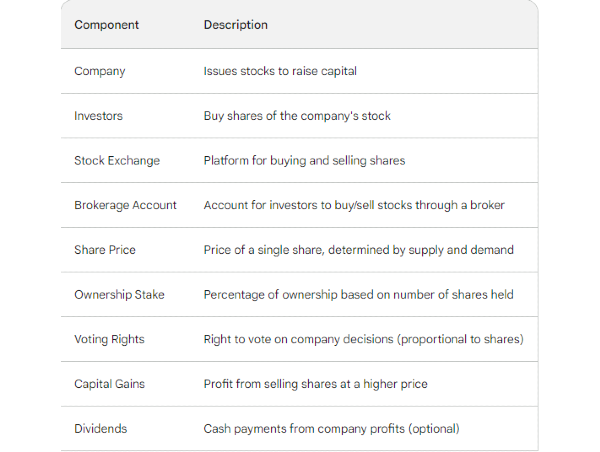
Different Types of Financial Stocks
Financial markets offer a range of stocks each presenting its set of risks and potential returns. Let’s explore some of the varieties:
Banks: Traditional financial institutions, like banks, accept deposits from customers. Utilize these funds to provide loans. Additionally, banks provide services including checking accounts, savings accounts, and credit cards.
Insurance Companies: Insurance companies offer insurance products to safeguard individuals, from setbacks. The options include life, health, car, and homeowner’s insurance.
Investment Firms: Financial institutions offer a range of services, to both institutional investors. These services encompass investment banking, wealth management, and asset management.
REITs: REITs are firms that manage and own real estate properties. They do this to generate income. They can invest in different types of properties. These include office spaces, residential buildings, malls, and hotels.
Are Financial Stocks Right for You?
Deciding if financial stocks suit your goals and risk tolerance depends on your objectives. Opting for stocks can help those aiming for long-term growth. But, stocks are prone to market fluctuations and tied to the health of the company.
Pros and Cons Of Investing In Financial Stocks
When choosing to invest in stocks it's important to weigh the pros and cons. Let's examine the advantages and disadvantages.
Pros:
- Diversification helps spread risk. Stocks do this since they include many types of firms, such as banks, insurers, and fintech companies.
- Financial institutions could gain from growth. This growth comes from rate changes and a rising need for services. These changes give them promising prospects.
- Dividend income is a key income source for investors. Many firms offer it to their investors.
- There are cyclical opportunities. In times of growth, financial stocks tend to do well. This makes them appealing investments.
Cons:
- Regulatory Risk: Financial institutions must adhere to scrutiny which has the potential to influence their business activities and bottom line. Alterations, in regulations can have an impact on the sector creating ambiguity, for investors.
- Interest Rate Sensitivity: Changes, in interest rates can have an impact on stocks since they influence borrowing costs lending profits and investment returns. Financial stocks may be adversely affected by increases, in interest rates.
- Market Volatility: Stocks related to finance can experience changes, in value especially when the economy is uncertain or the financial markets are unstable. Price shifts can occur due to fluctuations, in asset prices and market conditions resulting in price movements.
- Credit Risk: Financial institutions encounter credit risks linked to loans, investments, and various financial assets. Downturns, in the economy or unforeseen credit losses have the potential to negatively impact the standing of these institutions.
- Cyclical Nature: In the finance industry trends often align with cycles. It's common for shares to struggle in times of decline or recession which can be concerning for investors at those times.
When thinking about investing in stocks, investors need to evaluate how much risk they are comfortable with. They should also consider their investment goals and the current market. To minimize investment risks, diversify across sectors. Also, conduct thorough research on specific companies.
What is another name for a financial stock?
Here are some alternatives that could be used for the word “Financial Stock’.
- Banking stocks
- Finance sector stocks
- Financial services stocks
- Investment stocks
- Fintech stocks
- Asset management stocks
- Insurance stocks
- Capital markets stocks
- Wealth management stocks
- Credit stocks
High Yield Financial Stocks
Investors looking for an income often find yield financial stocks attractive. These stocks usually distribute a portion of their earnings, as dividends compared to stock categories. Nevertheless, there are risks associated with investing in yield financial stocks.
BlackRock, Inc. (BLK)
BlackRock is known as the top asset manager globally. It provides investment options to both institutions and individuals across the world. It has reach and varied income sources. It is seen as a dependable option for those seeking income.
The Goldman Sachs Group, Inc. (GS):
Goldman Sachs operates worldwide as an investment banking, securities, and asset management company. It offers services to businesses, financial entities, government bodies, and individuals. Its dividend yield may not be as high as financial stocks. But Goldman Sachs has a strong history of making money for its shareholders.
JPMorgan Chase & Co. (JPM):
JPMorgan Chase is a long-standing bank in the United States. It provides a variety of financial services. These include consumer and commercial banking, investment banking, and asset management. The bank's success is consistent. It generates earnings and cash flows. This lets it pay dividends to its investors.
Here are some things to keep in mind:
· Higher risk: During times when financial companies might. Halt their dividend payments. This scenario is more common, with high-yield stocks compared to lower-yield ones.
· Interest rates: Increased interest rates may lead to a decrease, in the value of financial sector shares.
· Regulation: The finance industry faces regulations and adjustments, in these rules may occasionally negatively impact banks and other financial institutions.
Some examples of high-yield financial stocks include:
Real estate investment trusts (REITs)
Real estate investment trusts (REITs) are companies that own or finance real estate properties to generate income. They pool funds from investors. Use them to acquire and manage these assets.

Master limited partnerships (MLPs)
MLPs refer to an investment type. It involves owning and managing energy infrastructure assets, like pipelines, storage, and terminals.
Closed-end funds
Closed-end funds are a type of investment entity. They gather a set amount of capital via an offering (IPO). Then, they use these funds to invest in a selection of securities.
Watch this video to get more information;
https://youtu.be/aE6n9BxWTSQ


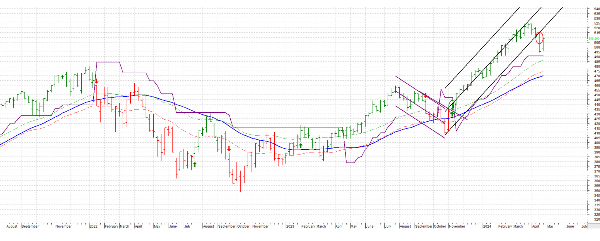


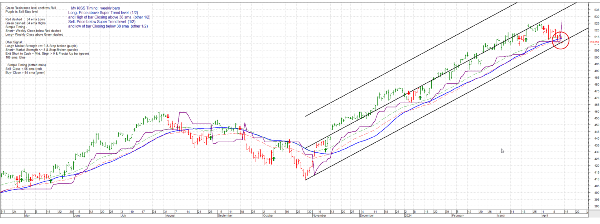




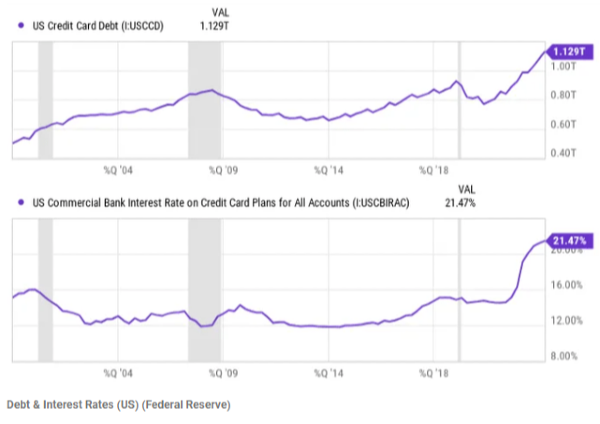


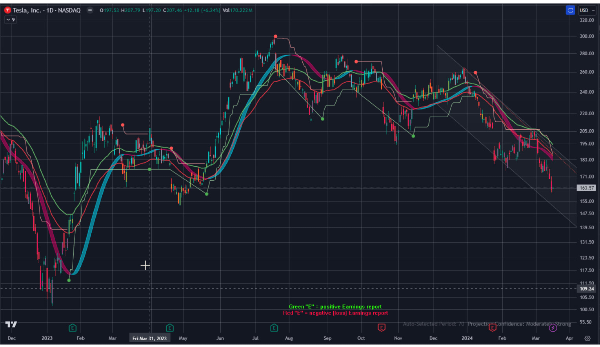
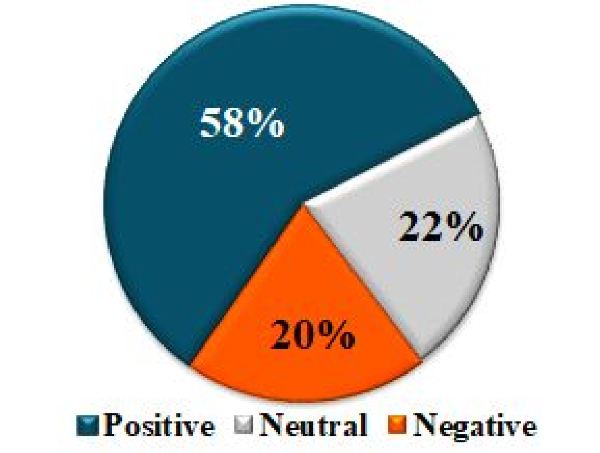
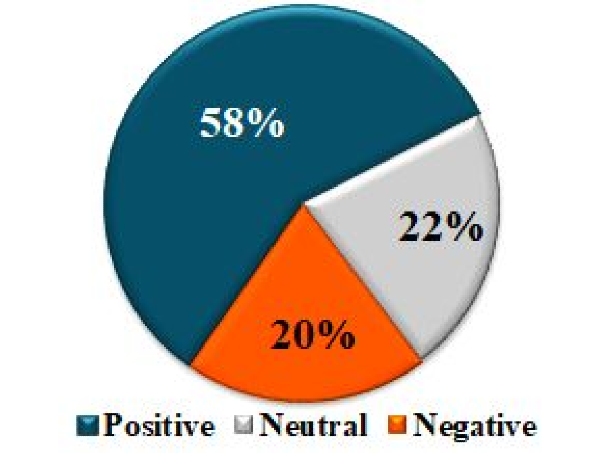
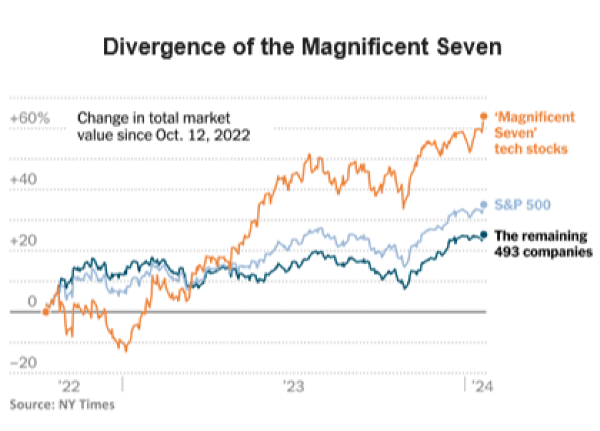





Expertise provided by Kevin Matthews from buildingbread.com
Financial stocks represent ownership stakes. They are in companies that offer services, such as banks, insurance firms, and investment firms. They also are in real estate investment trusts (REITs). These stocks are often seen as investments. The services they provide are crucial for a modern economy to run well. Individuals and businesses will consistently require loans, retirement savings options, and asset insurance. As a result, financial institutions are expected to experience demand, for their services in times of economic decline.
Additional:
When we talk about stocks it's not just, about banks. It involves a range of entities that handle transactions. While banks are part of this group it's important to look at the picture. Financial stocks also include payment companies and credit card providers. They also include financial technology firms. These firms create software for bank operations and credit card processing. Essentially, these stocks relate to any company. They are involved in managing, interpreting, and supporting transactions.
Take Visa and Mastercard as examples. They may not be banks themselves. Play roles in the financial world. But there are nuances in the sector. Visa and Mastercard focus on payment systems. Companies like American Express offer banking services in addition to being a credit card provider. They do this by offering savings accounts. Similarly, PayPal is a standout player in payments. It is not limited to traditional banking services, like JP Morgan or Bank of America.
How Do Financial Stocks Work?
Financial stocks operate similarly to types of stocks. When you invest in a stock, you're essentially purchasing a piece of ownership, in the company. This entitles you to participate in decisions and receive a share of the company’s profits through dividends.
The value of a stock changes. It is influenced by factors like the economy, the company’s finances, and investor sentiment. For instance, in prosperous times, banks may see more demand for loans. This leads to higher profits and a rise in their stock prices.
Different Types of Financial Stocks
Financial markets offer a range of stocks each presenting its set of risks and potential returns. Let’s explore some of the varieties: Banks: Traditional financial institutions, like banks, accept deposits from customers. Utilize these funds to provide loans. Additionally, banks provide services including checking accounts, savings accounts, and credit cards. Insurance Companies: Insurance companies offer insurance products to safeguard individuals, from setbacks. The options include life, health, car, and homeowner’s insurance. Investment Firms: Financial institutions offer a range of services, to both institutional investors. These services encompass investment banking, wealth management, and asset management. REITs: REITs are firms that manage and own real estate properties. They do this to generate income. They can invest in different types of properties. These include office spaces, residential buildings, malls, and hotels.
Are Financial Stocks Right for You?
Deciding if financial stocks suit your goals and risk tolerance depends on your objectives. Opting for stocks can help those aiming for long-term growth. But, stocks are prone to market fluctuations and tied to the health of the company.
Pros and Cons Of Investing In Financial Stocks
When choosing to invest in stocks it's important to weigh the pros and cons. Let's examine the advantages and disadvantages.
Pros:
Cons:
When thinking about investing in stocks, investors need to evaluate how much risk they are comfortable with. They should also consider their investment goals and the current market. To minimize investment risks, diversify across sectors. Also, conduct thorough research on specific companies.
What is another name for a financial stock?
Here are some alternatives that could be used for the word “Financial Stock’.
High Yield Financial Stocks
Investors looking for an income often find yield financial stocks attractive. These stocks usually distribute a portion of their earnings, as dividends compared to stock categories. Nevertheless, there are risks associated with investing in yield financial stocks.
BlackRock, Inc. (BLK)
BlackRock is known as the top asset manager globally. It provides investment options to both institutions and individuals across the world. It has reach and varied income sources. It is seen as a dependable option for those seeking income.
The Goldman Sachs Group, Inc. (GS):
Goldman Sachs operates worldwide as an investment banking, securities, and asset management company. It offers services to businesses, financial entities, government bodies, and individuals. Its dividend yield may not be as high as financial stocks. But Goldman Sachs has a strong history of making money for its shareholders.
JPMorgan Chase & Co. (JPM):
JPMorgan Chase is a long-standing bank in the United States. It provides a variety of financial services. These include consumer and commercial banking, investment banking, and asset management. The bank's success is consistent. It generates earnings and cash flows. This lets it pay dividends to its investors.
Here are some things to keep in mind:
· Higher risk: During times when financial companies might. Halt their dividend payments. This scenario is more common, with high-yield stocks compared to lower-yield ones. · Interest rates: Increased interest rates may lead to a decrease, in the value of financial sector shares. · Regulation: The finance industry faces regulations and adjustments, in these rules may occasionally negatively impact banks and other financial institutions. Some examples of high-yield financial stocks include:
Real estate investment trusts (REITs)
Real estate investment trusts (REITs) are companies that own or finance real estate properties to generate income. They pool funds from investors. Use them to acquire and manage these assets.
Master limited partnerships (MLPs)
MLPs refer to an investment type. It involves owning and managing energy infrastructure assets, like pipelines, storage, and terminals.
Closed-end funds
Closed-end funds are a type of investment entity. They gather a set amount of capital via an offering (IPO). Then, they use these funds to invest in a selection of securities.
Watch this video to get more information;
https://youtu.be/aE6n9BxWTSQ